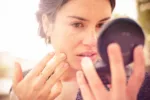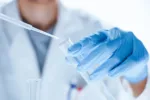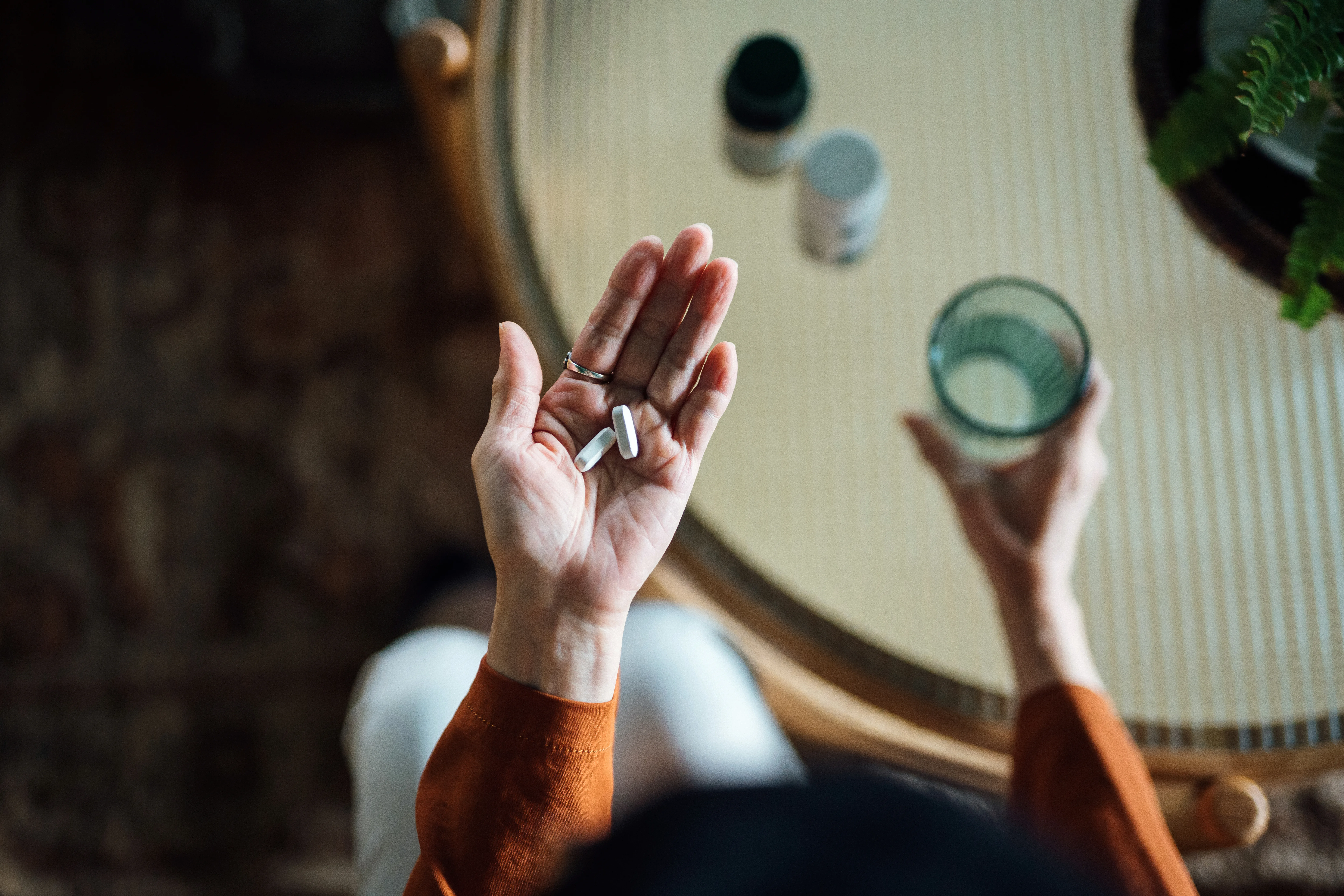
Healing from the Inside Out: How to Repair Alcohol-Damaged Skin After Addiction
Excessive alcohol use takes a toll on the body. One of the most visible signs of that damage often shows up on your skin. From dullness and dryness to acne and premature aging, alcohol can wreak havoc on your complexion. The good news? With the right support and lifestyle changes, your skin can heal—just like the rest of you.
At Bluff in Augusta, GA, we believe recovery is about healing from the inside out. That includes your physical health. Whether you’re newly sober or still exploring the idea of treatment, here’s what you should know about alcohol-damaged skin and how to start repairing it.
How Alcohol Affects the Skin
Alcohol is a diuretic and inflammatory substance, meaning it dehydrates your body while increasing inflammation. Over time, these effects can lead to visible changes in your skin, including:
- Dryness and flakiness from dehydration
- Redness or blotchiness, especially in the face
- Broken capillaries (often on the nose and cheeks)
- Acne or rosacea flare-ups
- Puffy eyes and dark circles
- Premature wrinkles or sagging skin
Heavy alcohol consumption also disrupts the liver’s ability to filter toxins, which can show up as dull or sallow skin, breakouts or, in extreme cases, jaundice.
Steps to Repair Alcohol-Damaged Skin
Healing your skin after alcohol abuse is possible, but it requires consistency, patience and a holistic approach to wellness. Here’s how to begin:
1. Hydrate, Hydrate, Hydrate
Alcohol severely dehydrates your body, which can leave your skin looking dry and aged. Drinking plenty of water and electrolyte-rich fluids helps restore skin elasticity and plumpness. Aim for at least 8–10 glasses of water a day, and more if you’re active or in early detox.
2. Improve Your Nutrition
Your skin is a reflection of your internal health. Fuel your recovery and your complexion with foods rich in vitamins A, C and E, omega-3 fatty acids and antioxidants. Think leafy greens, berries, fatty fish, nuts and whole grains.
At Bluff, we support your recovery with nutrient-dense meals and education about how proper nutrition supports whole-body healing.
3. Rebuild Your Skincare Routine
Focus on gentle, hydrating skincare products—no harsh exfoliants or alcohol-based toners. Look for:
- A gentle cleanser (no sulfates)
- A hyaluronic acid serum to restore moisture
- A rich moisturizer with ceramides or peptides
- SPF to protect healing skin from UV damage
Don’t expect instant results—skin cell turnover takes time. But with consistency, your skin will begin to look clearer, brighter and more balanced.
4. Get Quality Sleep
Alcohol disrupts your sleep cycle, which impacts your body’s ability to heal—especially your skin. Recovery brings better sleep, and better sleep means more collagen production, less puffiness and improved overall skin tone.
5. Treat the Root Cause
While skincare and lifestyle changes are important, true healing starts with addressing the addiction itself. At Bluff, we provide comprehensive treatment programs that focus on both the physical and emotional aspects of alcohol addiction, helping you build a strong foundation for long-term recovery—and better health, inside and out.
At Bluff Augusta, Recovery Looks Good on You
Healing alcohol-damaged skin isn’t about vanity—it’s about wellness. Your skin is your body’s largest organ, and as you remove toxins, eat better and sleep more deeply, your complexion will reflect the transformation happening beneath the surface.
Whether you’re just starting your recovery or ready to take the next step, Bluff is here to support you every step of the way. Our holistic approach to addiction treatment helps you rebuild physically, mentally and emotionally—so you can shine again.
Ready to feel better in your skin? Contact Bluff in Augusta, GA, today to learn more about our medically supervised detox and comprehensive treatment programs.








